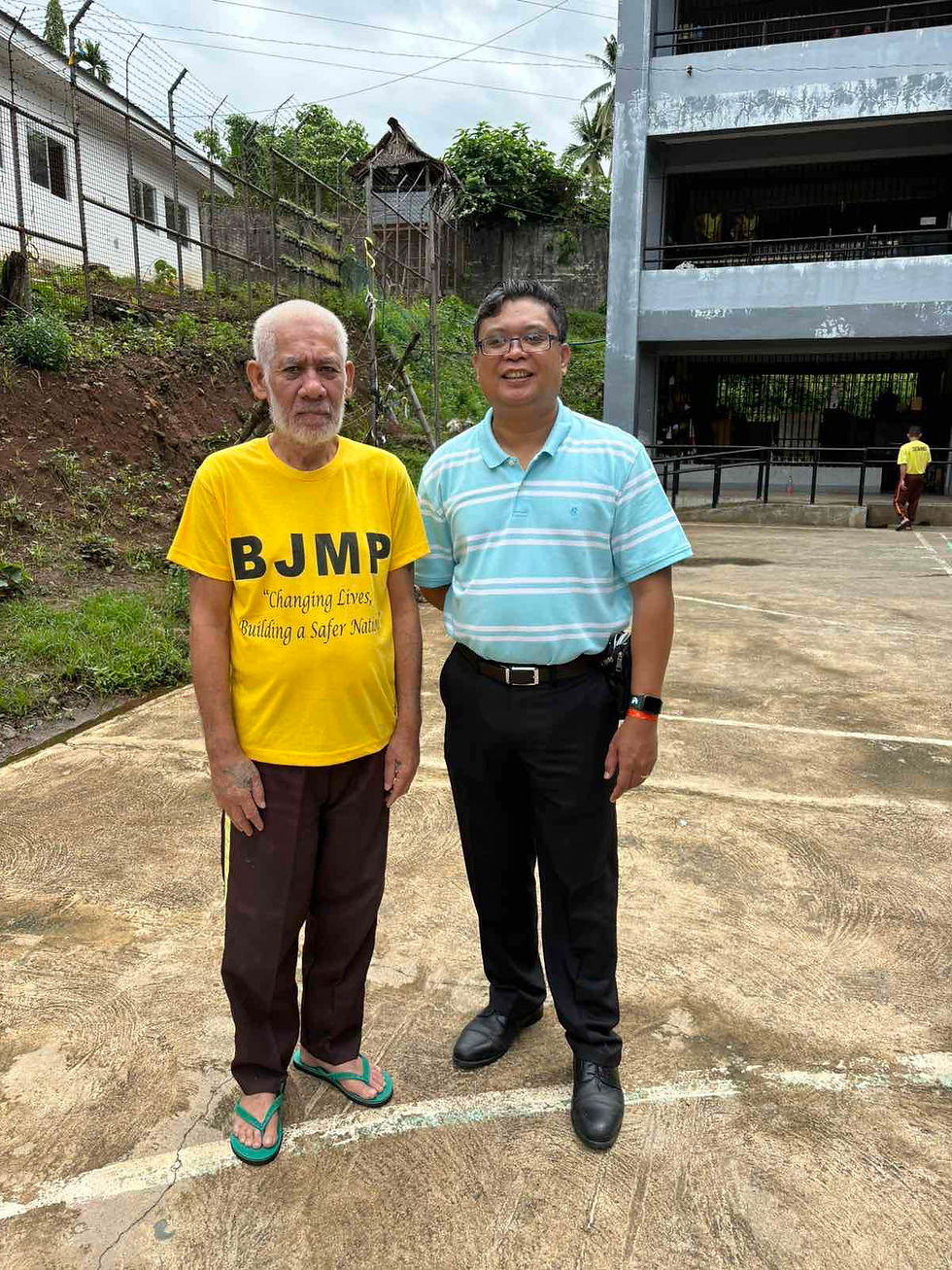Rule of Just Law
- Raymund Narag

- Aug 1, 2025
- 3 min read

They call it the Rule of Just Law. The Supreme Court, in its infinite wisdom, dusted off this doctrine—or perhaps conjured it—to throw out the impeachment complaint against Vice President Sara Duterte. The High Court ruled that the House violated the one-year ban on initiating multiple impeachment complaints. In short, procedure was not followed. Due process, the court thundered, must be observed. Even constitutional accountability must bow to form.
And I do not quarrel with that.
No, this is not a critique of the Court’s ruling per se. Let the legal scholars duel over jurisprudence and constitutional design. What I question is the selectiveness, the cruel asymmetry of how justice is meted out. If the Rule of Just Law is to mean anything beyond judicial performance—beyond robes and rhetoric—it must apply equally to the high and the low, the powerful and the powerless, the vice president in the grand halls of power and the nameless preso in the dark bowels of our jails.
Let me tell you about the lowly.

There is a man—let’s call him tatay Acebo. He entered jail at 46, accused of a crime he swore he did not commit. When I met him, he was 62, toothless, frail, and sickly. He had been in pre-trial detention for 16 years. Sixteen years. He died last week, a free man only for the last year of his life, released by the advocacy of a young warden who found the courage to fight for him. He was still presumed innocent. But he was punished all the same.
There are thousands like tatay Acebo. According to the Bureau of Jail Management and Penology, over 70% of the country’s jail population are pretrial detainees—people still awaiting the chance to prove their innocence, many of whom have waited five, ten, even fifteen years. The 1987 Constitution guarantees the right to a speedy trial, but in the congested dockets of Philippine courts, speed has become a cruel joke. In the language of the Supreme Court, justice delayed is still called justice, but with asterisk, clause, exception, and footnote.
Yet no doctrine is crafted for the nameless. No special jurisprudence invoked to dismiss charges when the case has dragged on unconscionably. No “rule of just law” applied to the mother jailed for shoplifting milk for her child, or the bystander wrongly tagged in a drug raid, or the laborer whose lawyer forgot his name.
I urge our lawyers—those who still remember why they went to law school in the first place—to file petitions invoking the Rule of Just Law not just for the vice president, but for the voiceless. File for the dismissal of criminal cases where pre-trial detention has exceeded the statutory period. Cite appropriate legal provisions, where the Court itself warned that delay violates the right to liberty and fair trial.
To our judges: wield this doctrine not as ornament, but as shield for the weak. Dismiss cases that have become de facto punishments without verdict. Release the forgotten, the abandoned, the presumed innocent who have already served more time than the maximum sentence of the crime they’re accused of.
Because if the Rule of Just Law is to mean anything, it must be more than a sword to protect the mighty. It must also be a lifeline for the poor who have drowned in the swamp of procedural delay.
Let the rule of just law truly begin!



Comments